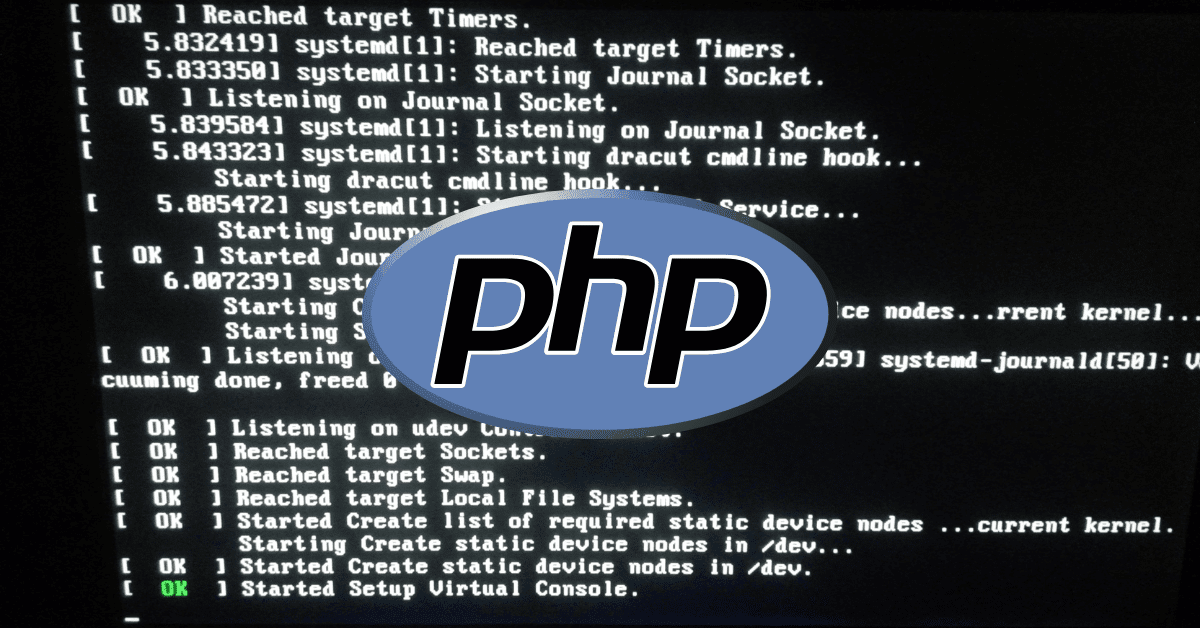PHP is the most celebrated as well as an influential platform which the web developers are eager to work with because of the way that a large portion of the sites is powered by such technology. However, as far as the web development is focused, the systems are of extremely crucial. A PHP expert has enough skill and knowledge of different PHP frameworks 2015 and could assist you with each facet of the project development phase. They understand the relevant systems to utilize that will facilitate the development task.
Positively something all non-super professional PHP developer must have on its books to purchase in 2015 list: Josh Lockhart, developer of the legendary slim system and the popular PHP rules on, is presently composing “Modern PHP” – a self-explaining title. The book will be accessible in February 2015 around the world.
You may also like these:
- Top 20 CakePHP Interview Questions and Answers
- PHP Tips to Become an Expert PHP Programmer
The PHP language is not the same as you remember. No more pretty much procedural code and monolithic systems, PHP has skilled a revitalization to turn into a full-featured, developed language with object – introduction, namespaces, and an increasing collection of reusable part libraries.
Current PHP uncovers these new dialect offers in real life. Creator Josh Lockhart – maker of PHP, a prevalent community demonstrates to you best practices to create PHP applications utilizing best practices for application architecture and arranging, databases, security, testing, debugging, and organization.
Learn informed, handy methods that you can promptly actualize in your PHP venture. Develop your PHP expertise set with the most current language features and present day best practices. Get up to speed on latest PHP language (OOP, Date Time, namespaces, attributes, and that’s only the tip of the iceberg). Find the most recent from the PHP group, including what’s new with the Hack programming dialect and the Hip Hop Virtual Machine (HHVM).
1. Silex
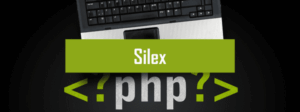
Silex is a PHP microframework for PHP 5.3. It is built on the shoulders of Symfony2 and Pimple and also inspired by sinatra.
A microframework provides the guts for building simple single-file apps. Silex aims to be:
- Concise: Silex exposes an intuitive and concise API that is fun to use.
- Extensible: Silex has an extension system based around the Pimple micro service-container that makes it even easier to tie in third party libraries.
- Testable: Silex uses Symfony2’s HttpKernel which abstracts request and response. This makes it very easy to test apps and the framework itself. It also respects the HTTP specification and encourages its proper use.
2. Agavi
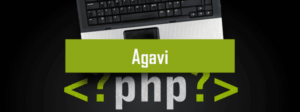
Agavi is a powerful, scalable PHP5 application framework that follows the MVC paradigm. It enables developers to write clean, maintainable and extensible code. Agavi puts choice and freedom over limiting conventions, and focuses on sustained quality rather than short-sighted decisions.
3. Nette
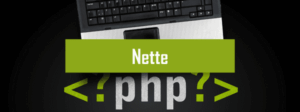
A popular tool for PHP web development. It is designed to be the most usable as possible and is definitely one of the safest one. It speaks your language and helps you to easily build better websites. Nette uses revolutionary technology that eliminates security holes and their misuse, such as XSS, CSRF, session hijacking, session fixation, etc. It possesses unmatched debug tools, which will help you discover all bugs in timely fashion. Nette is a modern framework, featuring AJAX / AJAJ, Dependency Injection, SEO,DRY, KISS , MVC, Web 2.0, cool URL – a sophisticated support for all advanced technologies and concepts.
4. Typo3 Flow
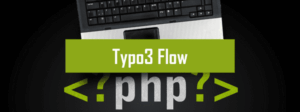
TYPO3 Flow is a web application platform enabling developers creating excellent web solutions and bring back the joy of coding. It gives you fast results. It is a reliable foundation for complex applications. And it is backed by one of the biggest PHP communities – TYPO3.
5. Simple MVC Framework
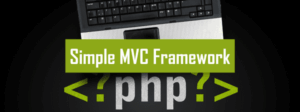
Simple MVC Framework is designed to be extremely easy to set up, have clean coding structure and easy to learn. The framework can be setup just by setting the site path. It features simple theme files, as well as full control over views themes can be used to quickly change the look of your application/website. MySQL is provided using a PDO helper, of course this can be swapped to MySQLI, Medoo or another database engine. Support is provided by a variety of source, Twitter, Facebook Groups and a dedicated Forum. It is lightweight, less than 1 MB size.
6. Pop PHP
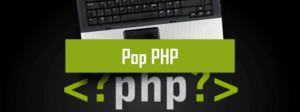
The Pop PHP Framework is a robust, yet easy-to-use PHP framework with a verbose API. It supports PHP 5.3+. Today, the Pop PHP Framework maintains its simplicity and is still lightweight. And, even though many new features have been built-in, the framework can still easily be used as merely a toolbox, or as a major framework for the foundation of your applications.
7. PHPixie
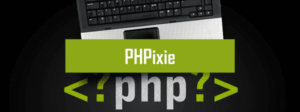
PHPixie is a lightweight PHP MVC framework designed to be fast, easy to learn and provide a solid foundation for development. It is very lightweight, well documented, and it makes a lot of use of naming convention so you will need to configure as little as possible.
8. Medoo
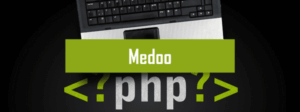
I love this micro framework. Medoo is the lightest PHP database framework designed to accelerate development. It is lightweight, only 13 kB in one file. It is extremely easy to learn and use, compatible with various SQL databases, including MySQL, MSSQL, SQLite, MariaDB, Oracle, Sybase, PostgreSQL and more. It is free under the MIT license.
9. Flight
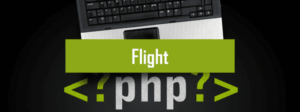
Flight is an extensive micro framework for PHP. Flight is a fast, simple, extensible framework for PHP. Flight enables you to quickly and easily build RESTful web applications. It requires PHP 5.3+ and is released under the MIT license.
10. Fuel PHP
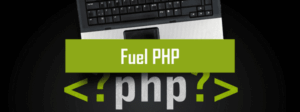
Fuel is a simple, flexible, community driven PHP 5.3+ framework, based on the best ideas of other frameworks. It is currently releasing version 2 of the project, currently in beta stage.
FuelPHP is a MVC (Model-View-Controller) framework that was designed from the ground up to have full support for HMVC as part of its architecture. But we didn’t stop there, we also added ViewModels (also known as presentation models) into the mix which give you the option to add a powerful layer between the Controller and the View.
11. Slim Framework
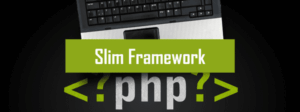
Slim framework is designed to be very lightweight, slim. It is a micro-framework that lets you to quickly create simple yet powerful web applications and APIs. It features a powerful router, template rendering with custom views, flash messages, secure cookies with AES-256 encryption, HTTP caching, logging with custom log writers, error handling and debugging, simple configuration.
12. Kohana
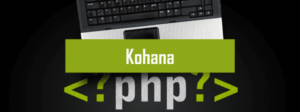
Kohana is an elegant PHP framework with a rich set of features for building web applications. It allows to build web applications quickly, as it has many common components included, as translation tools, database access, code profiling, encryption, validation, and more. It also has good debugging and profiling tools which helps to solve any occurring problems, which often is very time-consuming without the right tools.
13. Zend Framework
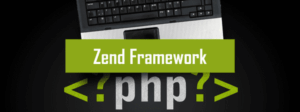
I’ve used Zend Framework 1 and 2 in large scale enterprise projects for years. It has been one of the leading PHP frameworks with flexible architecture suitable for modern web applications for years. Recently I have switched over to a couple of newborn frameworks, but that is my personal preference.
Zend framework is designed with simplicity in mind. It is lightweight, easily customizable, and focused on most common needed functionality. It is built to dramatically ease the learning curve you must climb when adapting to a new framework. It is widely used, so quite well tested and safe.
14. Aura
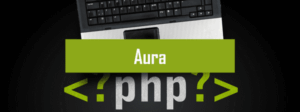
The Aura PHP Project is built for those who love clean code, fully decoupled libraries, and truly independent packages. This framework has quite a lot of users, is quite similarly used to CakePHP. Download a single package and start using it in your project today, with no added dependencies. The primary goal of Aura is to provide high-quality, well-tested, standards-compliant, decoupled libraries that can be used in any code base. This means you can use as much or as little of the project as you like.
15. Cake PHP
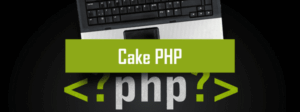
CakePHP is one of the frameworks to follow in 2015. They are about to release a stable version 3.0 to the public. CakePHP makes building web applications easier, faster, and requires less code. It enabled to use code generation and scaffolding features to rapidly build prototypes. No additional XML or YAML file configuration is required, just setup your database and you are ready to bake. CakePHP is licensed under the MIT license which makes it perfect for use in common applications.
16. CodeIgniter
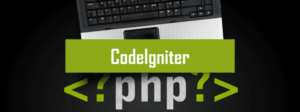
CodeIgniter is a powerful PHP framework with a very small footprint, built for developers who need a simple and elegant toolkit to create full-featured web applications.
17. Yii Framework
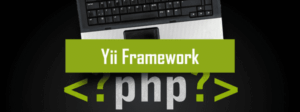
Yii Framework is a good choice for developing new high quality web-applications in rapid time. The well designed foundation with excellent documentation helped us developing Chives remarkable user experience and functionality in very short time.
18. Symfony
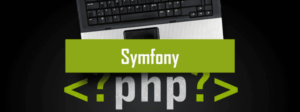
Symfony is a PHP framework for web projects. It speed up the creation and maintenance of your PHP web applications. Replace the repetitive coding tasks by power, control and pleasure.
Symfony is a set of reusable PHP components and a PHP framework for web projects. It is well documented, it is free under MIT license, and it is getting more and more popular every day. Drupal, one of the most popular CMS systems, as well as phpBB, one of the most used discussion board system, use symfony.
19. Phalcon
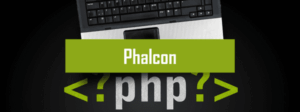
Phalcon is the fastest framework on the list. Built on C, but offered as PHP extension, it offers no compromise speed wise. It offers high performance and lower resource usage. There’s no need to learn or use the C Language, as the functionality is exposed as PHP classes ready to use. By creating a rich, fully featured framework written entirely in C and packaged as a PHP extension, Phalcon is able to save processor time and boost overall performance.
20. Laravel
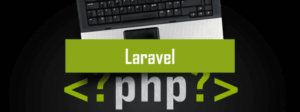
Laravel is a free, open source PHP Web application framework, designed for developing MVC web applications. In our opinion, Laravel is the best overall PHP framework of 2014. I personally believe that Laravel has taken PHP frameworks to the whole new level. Laravel helps you create wonderful applications using simple, expressive syntax, aiming to take the pain out of web development by easing common tasks, such as authentication, routing, sessions and caching. Laravel is well readable and well-documented that helps you speed up your coding.
